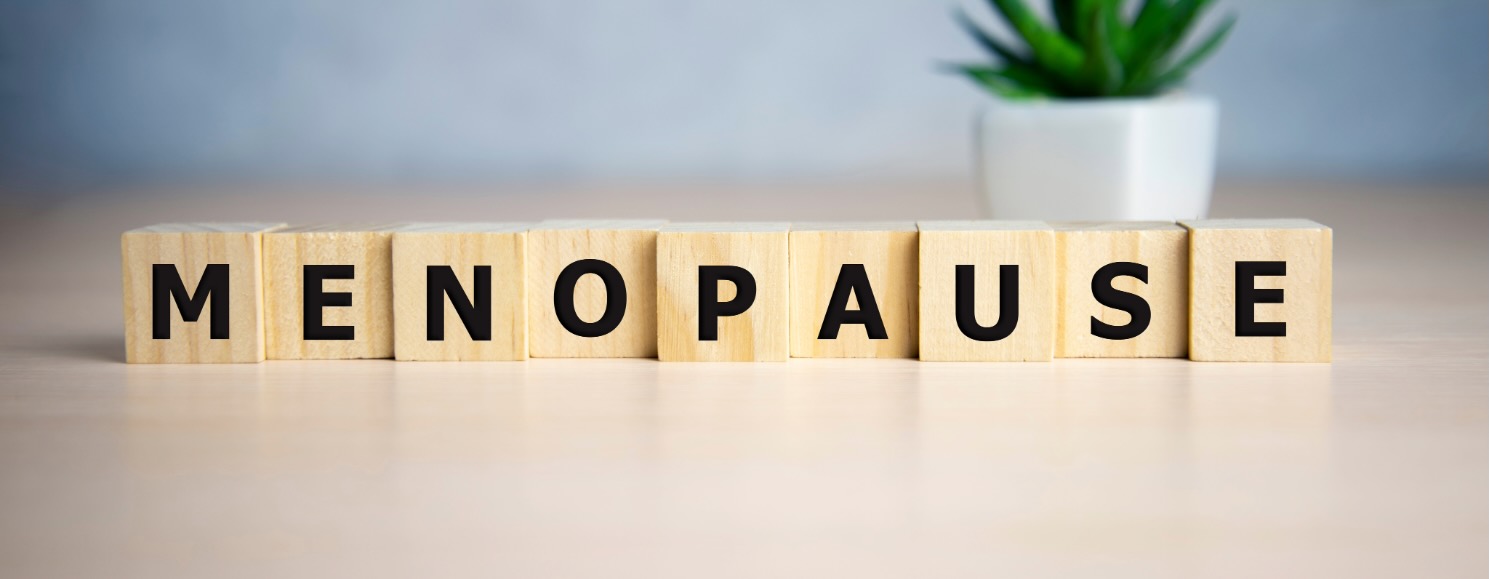Menopause is a life stage that affects over half the population, yet it’s often misunderstood. While hot flushes and night sweats are the most talked about symptoms, the mental and emotional impacts of menopause are just as important.
We spoke with Dr Fiona Crichton, health psychology specialist and behavioural scientist at Groov, about how menopause affects the mind, and how we can better support women going through it.
“Menopause isn’t just a physical shift,” says Fiona. “It’s a neurological and emotional one too, and how we talk about it really matters.”
The brain during menopause
Menopause marks the end of menstruation, but it’s the years leading up to it, called perimenopause, where many women notice significant changes. During this time, oestrogen levels start to fluctuate, leading to both physical and neurological symptoms.
Research shows that falling oestrogen levels can impact areas of the brain responsible for memory and focus, including the hippocampus and prefrontal cortex1. It’s why so many women report experiencing “brain fog,” forgetfulness, and have trouble concentrating. These aren’t imagined symptoms, they’re biologically real2.
Mood, emotion and hormones
As hormones change, so can mood. Oestrogen helps regulate key neurotransmitters like serotonin and dopamine, which affect how we feel. When levels drop, women may find themselves more prone to anxiety, mood swings or low mood, even if they’ve never experienced mental health issues before.
“Women are up to four times more likely to develop depression during perimenopause,” Fiona says
Research shows that symptoms like anxiety and depression often ease post menopause, especially when women feel seen, supported and understood3.
Feeling invisible
Beyond symptoms, another effect reported by many women is a sense of invisibility.
“Our culture often values women for youth, fertility, and productivity,” Fiona explains. “So when that phase ends, some women experience a crisis of identity or feel less relevant.”
This “invisible woman” effect can be reinforced by experiences in healthcare and the workplace. Research from the UK and US shows that many women struggle to be heard by health professionals and often require multiple appointments before receiving proper support4.
In the workplace, nearly half of midlife women say they feel less visible or valued, which can lead them to step back from roles they are fully capable of5.
Fiona challenges the idea that menopause impacts a woman’s ability to lead or perform at work.
“There’s no evidence of long-term cognitive decline due to menopause,” she says. “In fact, many women in midlife develop stronger emotional intelligence, resilience, and leadership skills.”
Making workplaces more menopause friendly
Despite its impact, menopause remains a taboo topic in many professional settings. That silence can lead to unnecessary stress and loss of talent.
“Workplaces play a big role in how women experience this transition,” Fiona says. Simple things like flexible schedules, access to health resources, or supportive policies can make a huge difference.”
A 2023 NZIER report found that industries like education and healthcare are already leading the way, offering adaptable schedules and health support. But across the board, there’s room to do more6.
Building resilience through change
While system level changes matter, Fiona also points to the importance of personal strategies for navigating menopause.
“Resilience isn’t just about ‘toughing it out,’ it’s about having the right support structures,” she says. These include:
- Social connection - talking with peers can ease the sense of isolation
- Exercise - regular physical activity supports mood and sleep
- Cognitive Behavioural Therapy (CBT) - can help manage anxiety, hot flushes and sleep issues7
- Menopausal Hormone Therapy (MHT) - one of the most effective treatments for significant symptoms8
Reframing the menopause story
Fiona encourages a shift in how we talk about menopause, moving away from doom and gloom language to a more empowering narrative.
“There’s a risk of what we call the ‘nocebo effect,’ where expecting negative outcomes can actually make symptoms worse,” she explains. “In cultures that frame menopause positively, women tend to report fewer and less severe symptoms9.”
Instead of viewing menopause as an end, Fiona suggests seeing it as a turning point and a chance to reset, refocus and reimagine the next chapter.
“Many women report renewed energy, confidence and creativity post menopause,” Fiona says. “It’s a powerful time of reflection and reinvention.”
Supporting others through the transition
So, how can we better support the people in our lives navigating menopause?
Fiona shares five simple ways we can all help:
- Listen and validate: Acknowledge what women are going through without minimising it
- Start conversations: Break the silence at home, at work, and in our communities
- Raise awareness: Include menopause in health education, leadership training and workplace policies
- Celebrate menopausal women: Representation matters in leadership, in media, and beyond
- Encourage self-compassion: This is a time of change, growth and resilience
Footnotes:
- Mosconi, L. et al. (2021). Brain Communications, 3(1)
- Maki, P. M., & Henderson, V. W. (2016). The Journal of Clinical Endocrinology & Metabolism, 101(4)
- Avis, N. E. et al. (2013). Menopause, 20(10); Bromberger, J. T., & Kravitz, H. M. (2011). Obstetrics and Gynecology Clinics of North America, 38(3)
- https://www.kff.org/womens-health-policy/issue-brief/womens-experiences-with-provider-communication-interactions-health-care-settings-findings-from-2022-kff-womens-health-survey/
- Brewis, J. et al. (2022). Fawcett Society Report – Menopause and the Workplace
- https://www.nzier.org.nz/hubfs/Public%20Publications/Client%20reports/The%20silent%20transition%20-%20report%20to%20Global%20Women%202023.pdf
- Hunter, M. S. et al. (2016). The Lancet, 387(10023), 1134–1142.
- https://healthify.nz/medicines-a-z/m/menopausal-hormone-therapy
- Avis, N. E., & Crawford, S. L. (2008). Menopause, 15(3)







